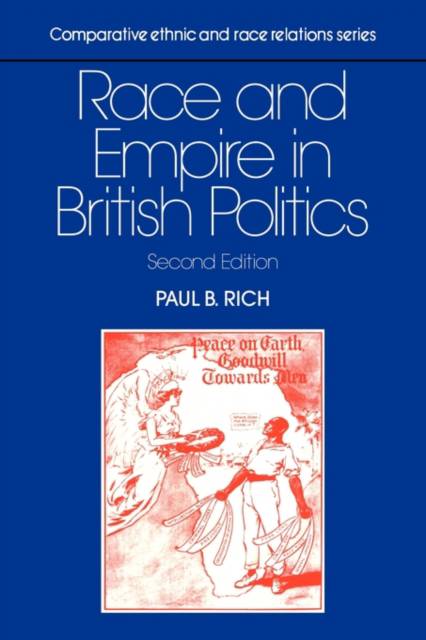
- Afhalen na 1 uur in een winkel met voorraad
- Gratis thuislevering in België vanaf € 30
- Ruim aanbod met 7 miljoen producten
- Afhalen na 1 uur in een winkel met voorraad
- Gratis thuislevering in België vanaf € 30
- Ruim aanbod met 7 miljoen producten
Zoeken
Omschrijving
This book discusses British thought on race and racial differences in the latter phases of empire from the 1890s to the early 1960s. It focuses on the role of racial ideas in British society and politics and looks at the decline in Victorian ideas of white Anglo-Saxon racial solidarity. The impact of anthropology is shown to have had a major role in shifting the focus on race in British ruling class circles from a classical and humanistic imperialism towards a more objective study of ethnic and cultural groups by the 1930s and 1940s. As the empire turned into a commonwealth, liberal ideas on race relations helped shape the post-war rise of 'race relations' sociology. Drawing on extensive government documents, private papers, newspapers, magazines and interviews this book breaks new ground in the analysis of racial discourse in twentieth-century British politics and the changing conception of race amongst anthropologists, sociologists and the professional intelligentsia.
Specificaties
Betrokkenen
- Auteur(s):
- Uitgeverij:
Inhoud
- Aantal bladzijden:
- 292
- Taal:
- Engels
- Reeks:
Eigenschappen
- Productcode (EAN):
- 9780521389587
- Verschijningsdatum:
- 31/08/1990
- Uitvoering:
- Paperback
- Formaat:
- Trade paperback (VS)
- Afmetingen:
- 152 mm x 229 mm
- Gewicht:
- 430 g

Alleen bij Standaard Boekhandel
+ 164 punten op je klantenkaart van Standaard Boekhandel
Beoordelingen
We publiceren alleen reviews die voldoen aan de voorwaarden voor reviews. Bekijk onze voorwaarden voor reviews.











